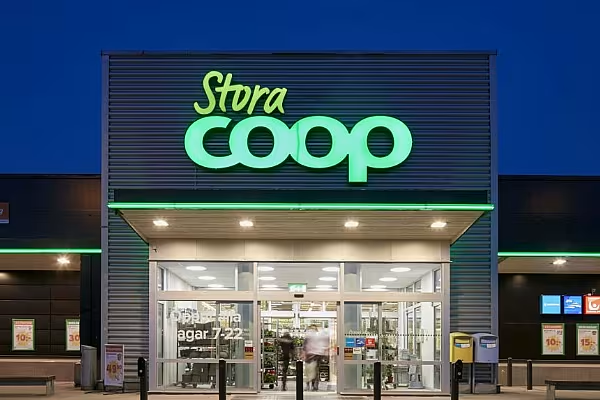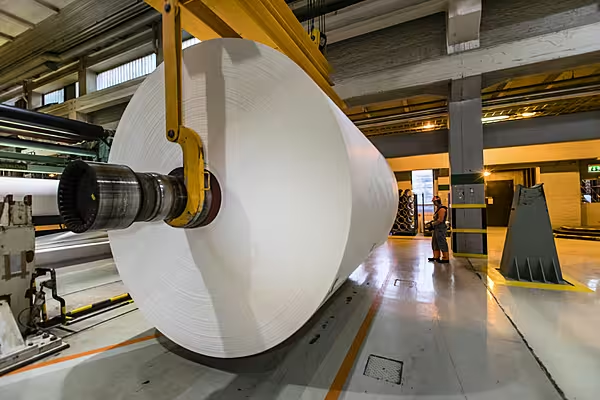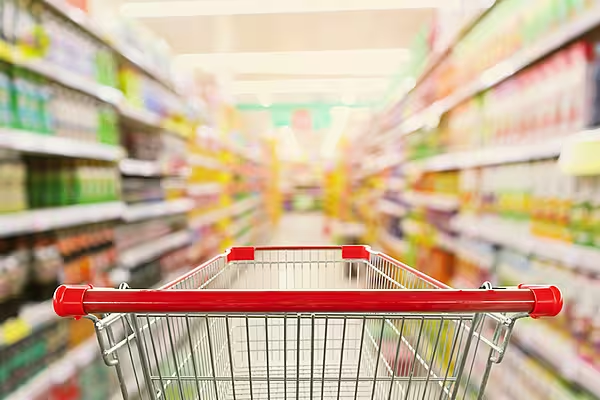Coop Sweden has added two new goals to its climate impact project, including halving greenhouse gas emissions and a reduction in climate impact of food.
The retailer now has four climate goals, which have been approved by Science Based Targets and validated to be in line with what Coop needs to do to help limit global warming to a maximum of 1.5 degrees.
Climate Impact
Coop has carried out a thorough analysis of the climate emissions that occur across its value chain; from production of goods to transport, warehousing and on to in-store and online sales.
The greatest climate impact comes from the production of food and other goods sold, the retailer noted.
Secondly, waste in stores and warehouses, packaging, and transport are also a big factor in emissions.
Charlotta Szczepanowski, quality and sustainability manager, Coop Sweden, "Offering sustainably produced food in a business with as small a climate footprint as possible is a strategic priority for Coop. For many years, we have worked purposefully to gradually reduce climate emissions from our operations.
"We are now raising the level of ambition further with new climate goals that span Coop's entire operations. We have set challenging goals that will reduce climate emissions from our own operations but also affect our suppliers and our products in stores."
Szczepanowski added, "We will continue to reduce our climate impact in all areas, but we will in future put extra focus on where we make the biggest difference, namely in which products we sell. With the launch of the sustainability declaration earlier this year, we have already begun our collaboration with our suppliers to lower the sustainability footprint of the goods in stores.
"That cooperation will become even more important in the future. The sustainability declaration is also one of our ways to make it easier for our customers to eat more sustainably."
Coop Climate Goals
Coop Sweden's new climate targets include emissions that occur in all stores, terminals, offices, transport, in online shopping and when products are produced.
All goals must be achieved by 2026, with 2019 used as the base year, the
The retailer aims for a 50% reduction in greenhouse gas emissions from its operations, which include electricity, heating, and refrigeration in our stores, warehouses and offices. All electricity must also be renewable.
A 25% reduction in greenhouse gas emissions from its indirect operations, which includes, transport, waste, business trips, and advertising, is also one of Coop's goals.
Elsewhere, 67% of Coop's suppliers must have set their own climate goals in accordance with Science Based Targets by 2026.
Lastly, the group aims for a 25% reduction in climate impact from the food it sells.
© 2021 European Supermarket Magazine. Article by Conor Farrelly. For more Retail news, click here. Click subscribe to sign up to ESM: European Supermarket Magazine.














